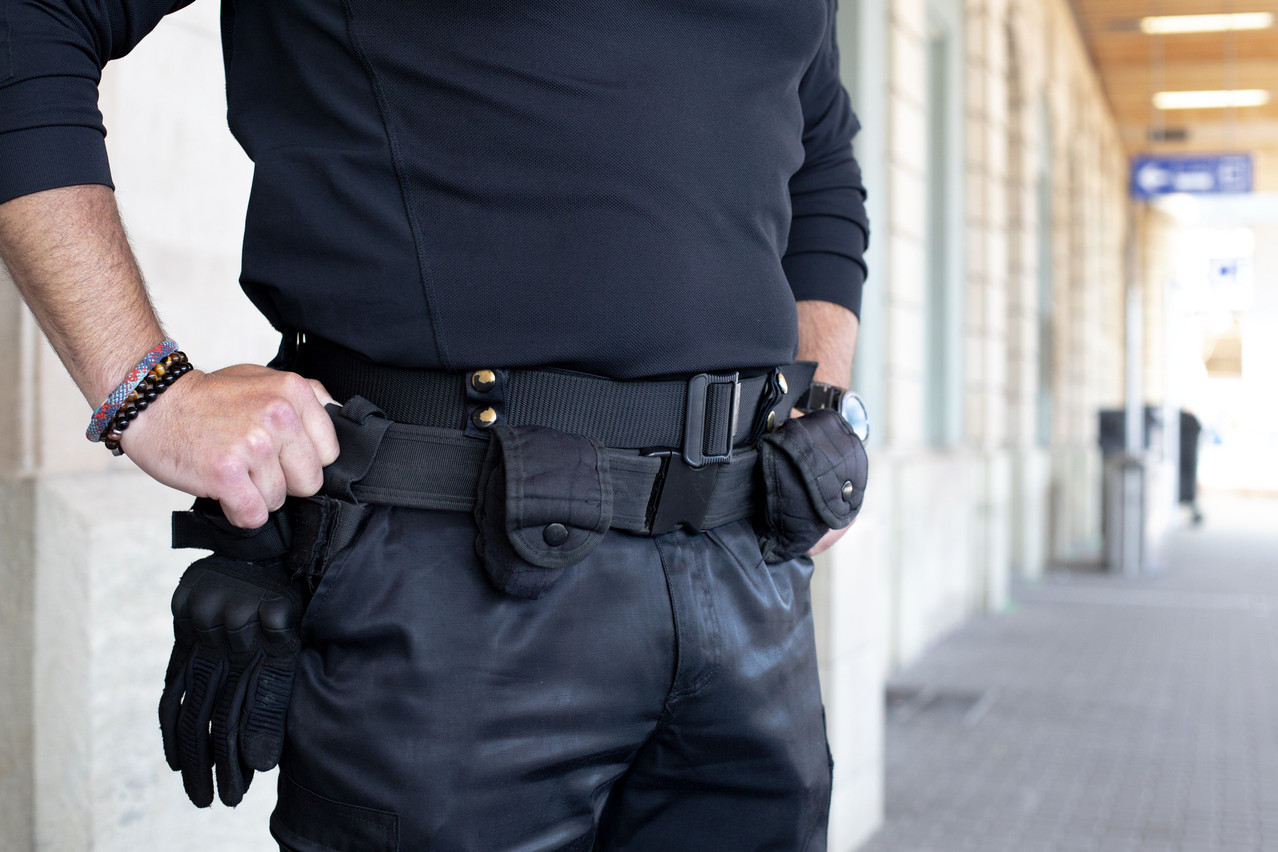highlighted the need to review the 2002 law. (dei Gréng) presented a draft law on private security, and then to the general public.
The minister made clear that public security can only be provided by the police.
Private companies can still be called in to monitor places or buildings, particularly by municipalities. However, these locations must be clearly designated in the contract between the parties. But private agents still won’t be able to carry out patrols. As soon as they move from their designated location they lose any jurisdiction.
The agents cannot carry out an intervention for the purpose of maintaining public safety in buildings to which they are not designated. Verifying people’s identity is also out of their scope in public space. They can only alert authorities or detain an individual if they catch them in the act of committing an offence.
Dangerous dogs are prohibited
In the event of non-compliance with these provisions, the state, which until now has been limited to withdrawing a company’s licence, will be able to impose a fine ranging from €500 to €50,000.
Events such as concerts or exhibitions will also be covered by the new law. If an organiser calls on a private company, a perimeter of action must be defined. The agents cannot be armed, they must have an identification document and wear a distinctive uniform. They will be able to check people’s tickets and identification while also ensuring that no dangerous objects are brought in.
Subcontracting will also be more strictly regulated. Certain contracts will also be excluded from the remit of security guards.
New rules will also apply to the use of security dogs. will be prohibited and training leading to a diploma will be compulsory for both the dog and its owner.
This story was first published in French on . It has been translated and edited for Delano.
